If you’re looking for a straight yes or no answer, you could twist a doctor’s arm (pun absolutely intended) to have them admit the short answer is yes – a broken bone can technically heal without a cast. However, conditions would have to be perfect for this to work out. Before walking you through the implications of not wearing a cast, it’s best to understand the process of how a broken bone heals, the types of fractures that can occur, and the fastest way to help your body heal.
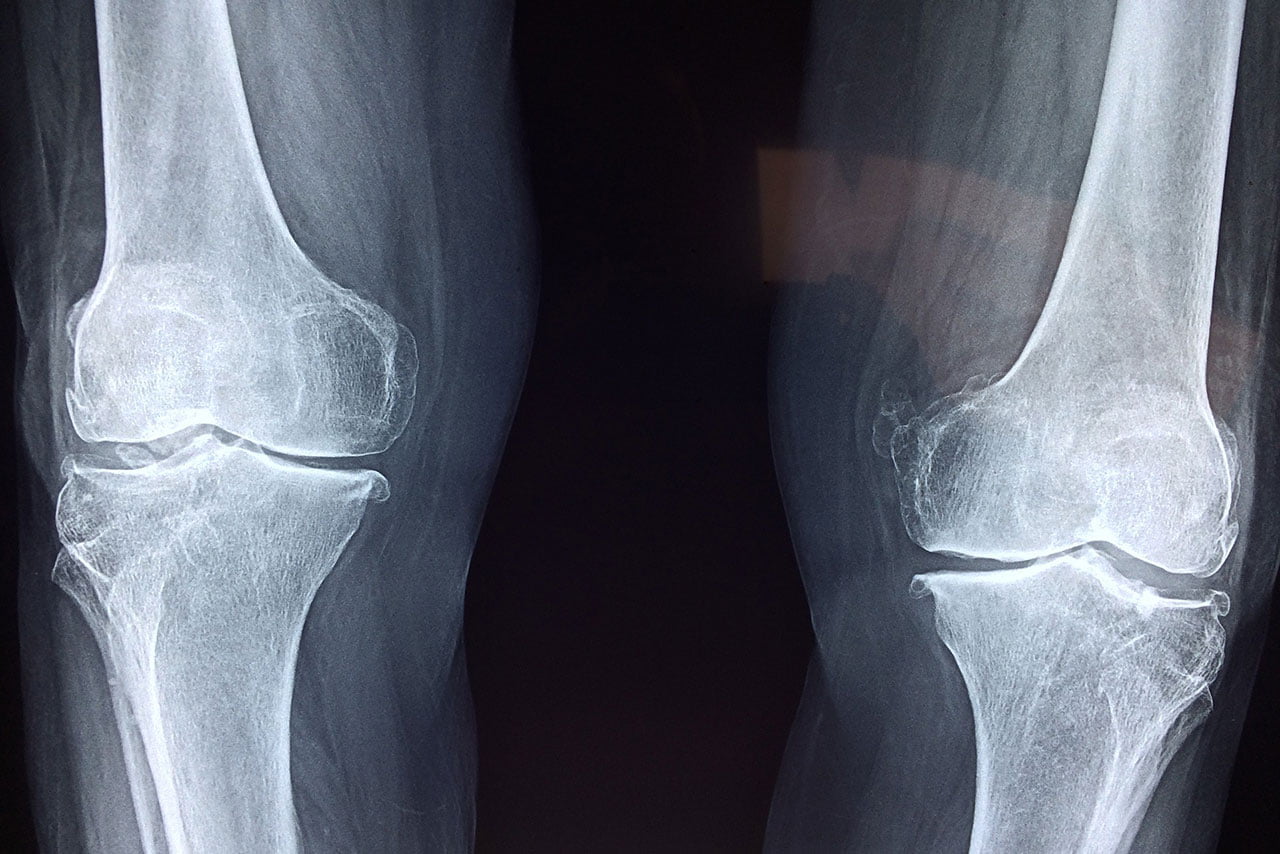
Not Every Fracture Requires a Cast to Heal a Broken Bone
Fractures can be separated into many different classifications, but there are two main categories that doctors begin to look at. The first is an open fracture. If a broken bone managed to pierce its way through your skin, this would be considered an open fracture. However, if it did not, then it’s regarded as a closed fracture.
Once it’s labelled from there, you can get into more specific categories, such as an incomplete or complete fracture. Incomplete is when the bone is only partially broken, whereas complete is when it’s, you guessed it, completely broken.
While a broken bone is stigmatized as the result of horseplay, sports incidents, or traumatic events such as a car crash, the leading cause is falling from standing height. That means the average person could just be standing or walking without any elevation or additional activity. Ever trip over a kid’s toy in the driveway and catch yourself before you take a tumble? Well, if you managed to fall on your arm funny, this is known as a stress fracture. They are quite common! Those with a low body weight could have a higher risk for osteoporotic fractures, which occur when there is low bone mass or deterioration. With weaker bones, comes a greater risk of a fracture.
The worst-case scenario will require surgery instead of skipping to the “to cast or not to cast” dilemma. If your bone has broken into two or more pieces, spread far apart and pierced through the skin, you may require surgery to start the complex healing process. However, you’ll notice not every broken bone will need a cast. As long as certain conditions are met, you may be able to heal without. For example, some finger fractures are treated by taping the fracture to another finger and then immobilizing the area with a brace. Wondering if your fracture could possibly heal without a cast? Read on to find out how broken bones heal.
How Broken Bones Heal
Bracing, taping, splinting, surgery and slings are all other solutions to breaking a broken bone without a cast. For a bone to heal, a few key conditions must be met:
1. Stability
Bones have to be aligned so they can connect properly during the healing process. If they aren’t, then the integrity of the tissue may be compromised. This leads to more pain, lengthier healing time and more suffering.
2. Nutrition
If there’s one thing from childhood commercials and magazine ads with the famous white stained moustache that rings true, it’s that calcium helps build strong bones. While your body is healing, you should be eating calcium-rich foods and include vitamins A, B12, C, D and K.
3. Blood Flow
Your bones are able to heal because of components in your blood that support them. While your broken bone is on the mend, you’ll want to ensure you’re getting an adequate blood supply. This means if you’re a smoker, this could be affecting your bones from properly healing since it alters the blood flow.
While a broken bone may be able to heal without a cast in absolutely perfect conditions, it’s not recommended. This is because casts are what hold the fractured bones in alignment until it’s removed. During that time, the bones can mend together while no longer suffering from day-to-day pressure. If you broke your leg, along with a cast, you’d probably receive a crutch to help keep pressure off during the healing process. I don’t know about you, but holding your broken arm in place for six weeks or longer instead of opting for a cast that can help support this process may be exhausting.
How to Help Broken Bones Heal
Every person is different, and your broken bone could heal a lot faster than a friend’s based on the following factors:
- The severity of the break.
- Which bone you broke (this is important as smaller ones heal faster).
- How quickly it’s treated and that it’s treated properly.
- How well you take care of your broken bone and follow the doctor’s instructions.
- Smoking, drinking and nutritional deficiencies can affect your overall heal time.
- The health of your bones and connective tissues is a factor.
- Your overall health and age.
While how quickly your broken bone can heal is based on the above-noted factors, you can play a part in helping mend the fracture. Here’s what you can do:
- Stop smoking and drinking alcohol for the time being. Remember that blood flow plays a part in the healing process!
- Eat a nutritious diet filled with the right vitamins and plenty of calcium.
- Stay away from certain pharmaceuticals such as Advil, ibuprofen, naproxen and prednisone as they can slow the healing process.
- Don’t rush to start using your injured body part again. While you may think you’re helping get it back “in the groove,” it can be damaging to move it too soon.
- Keep an eye on your healing process to notify your doctor of any possible infections. If you’ve experienced any additional pain, redness, swelling or heat combined with fever or chills, you need help right away.
Your bones are strong enough to withstand quite a bit of stress and force. But just like a mighty tree that has thick branches to support its growth, too much pressure can cause it to break. Unlike a tree, you have options to have the fracture heal right. Without a cast, your fracture could become a deformed bone which will cause a painful amount of preventable problems. Align it right the first time, and you’ll thank yourself for taking the proper steps for your wellness.
At Fracture Healing, we want you to get back to the quality of life you deserve. Our methods put your health and happiness first, leading to a faster recovery and return to your activities of daily living. Contact us if you’ve suffered from a fracture that doesn’t seem to be healing right. You may be suffering from a nonunion fracture, meaning it’s failing to recover.
Have you ever broken a bone before? How long did it take to heal? Do you have any questions about untreated broken bones? Comment below; we’d love to hear your story and answer any questions you have.

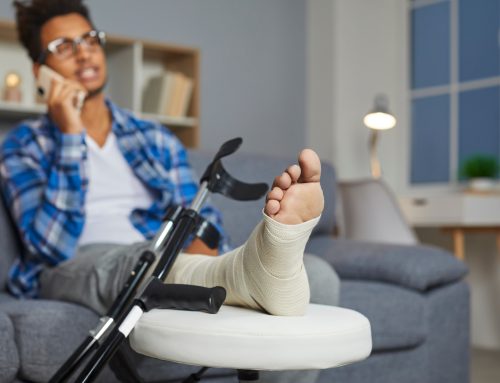
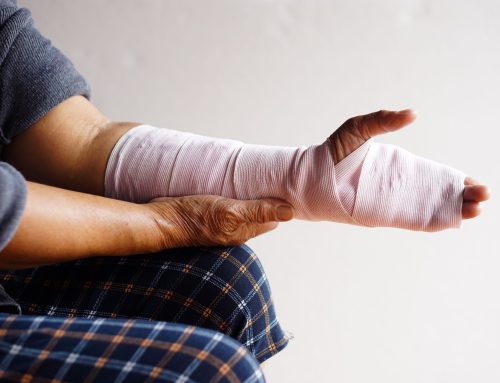

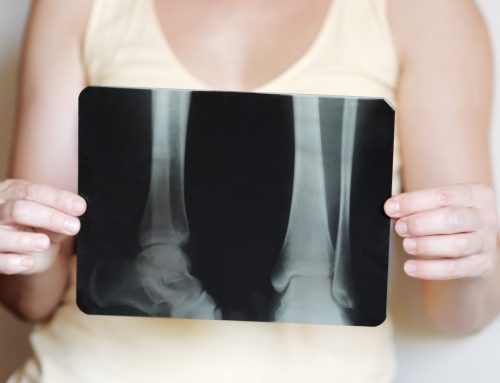
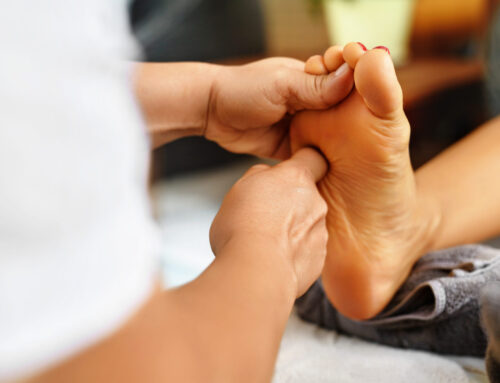
Leave A Comment